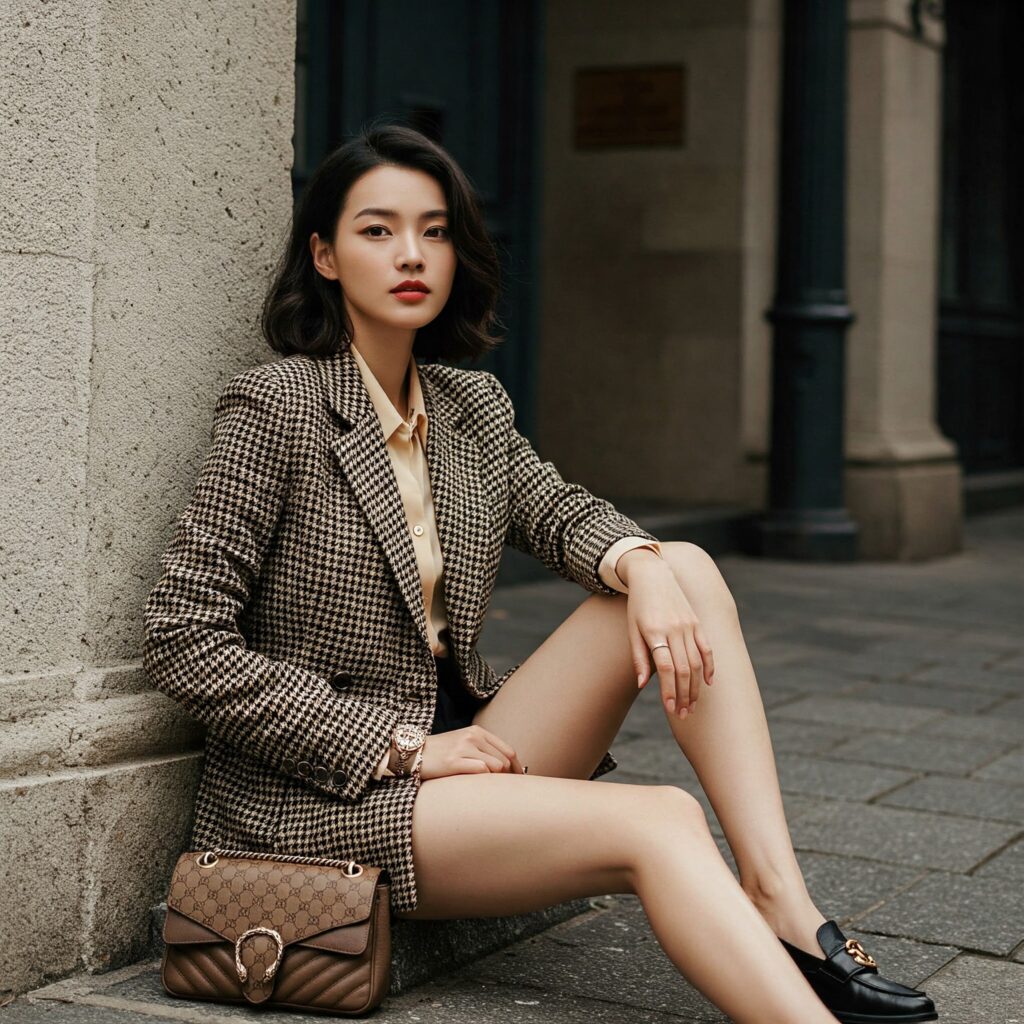From red carpets to streetwear blogs, Gucci has become one of the most talked-about fashion brands of the 21st century. But the story behind its comeback is more than just hype—it’s a tale of bold reinvention, smart branding, and perfect timing.
Let’s take a look at how Gucci transformed from a heritage Italian label into a global fashion powerhouse embraced by celebrities, Gen Z, and everyone in between.

🧳 A Rich History of Luxury
Founded in 1921 by Guccio Gucci in Florence, Italy, the brand started with high-quality leather goods and equestrian-style luggage. For decades, Gucci was synonymous with quiet elegance, loved by royalty and socialites alike.
Classic Gucci was defined by:
-
The green-red-green stripe
-
The horsebit motif
-
The GG monogram
But by the early 2000s, Gucci’s popularity had faded. Until…
🔥 Enter Alessandro Michele: The Renaissance Begins
In 2015, Gucci took a bold turn. Alessandro Michele was appointed creative director, and he reimagined the brand entirely:
-
Blending vintage vibes with maximalist energy
-
Gender-fluid collections
-
Bold prints, embroidery, and layering
-
Influences from art, history, streetwear, and pop culture
Suddenly, Gucci was cool again—edgy, ironic, and irresistible.
🌍 The Power of Cultural Moments
From Harry Styles rocking lace blouses to Billie Eilish in oversized Gucci suits, the brand became a pop culture magnet.
It wasn’t just fashion—it was aesthetic storytelling:
-
Gucci campaigns looked like art-house films
-
Collaborations with The North Face, Adidas, and even Xbox
-
Gucci became Instagram gold, meme-worthy yet high fashion
The message was clear: Gucci isn’t afraid to have fun while staying luxurious.
💡 Why Modern Consumers Love It
Today’s fashion lovers crave: ✅ Authenticity
✅ Playful experimentation
✅ Self-expression
✅ Story-rich pieces
Gucci checks every box. It’s heritage meets rebellion, appealing to both long-time luxury shoppers and bold, young tastemakers.
